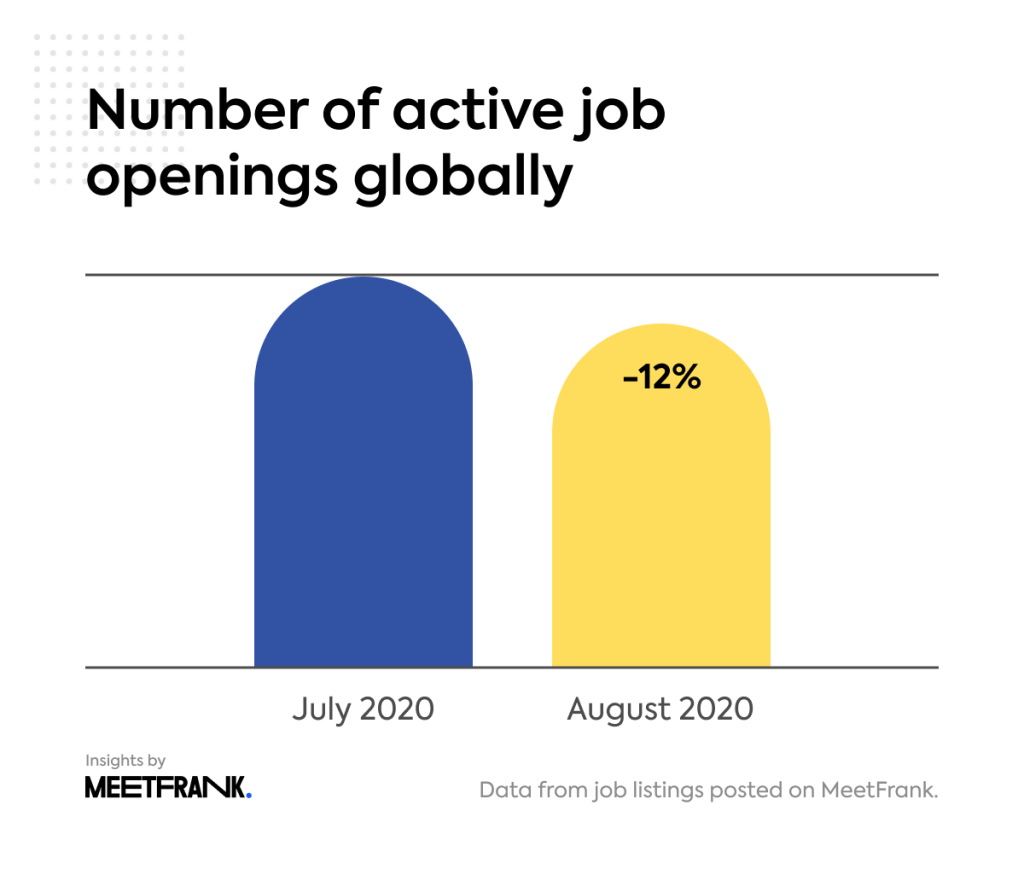Work industry insights serve as an invaluable compass for equally work seekers and employers, offering a breathtaking view of the ever-evolving employment landscape. These insights encompass a variety of factors, from emerging developments and industry requirements to the moving character of remote perform and the affect of technological breakthroughs on numerous professions. Work industry ideas perform a critical position in empowering people who have the data needed to make informed job choices and supporting employers in navigating the complexities of talent acquisition in a aggressive environment.
Knowledge current work industry traits is needed for work seekers aiming to arrange their skills and aspirations with business demands. That understanding allows them to target their skilled progress efforts and position themselves as useful resources in high-demand sectors. Also, staying abreast of emerging work market traits allows individuals to assume changes in their respective fields, fostering adaptability and resilience in the face area of developing workplace dynamics.
For employers, job market ideas are fundamental tools for talent acquisition and workforce planning. These ideas offer an extensive knowledge of the abilities in demand, allowing organizations to refine their recruitment techniques and attract prospects with the expertise needed for recent and potential challenges. Employers may also use work industry knowledge to benchmark their compensation and advantages deals, ensuring they remain aggressive in attracting top-tier talent.
Remote work has changed into a substantial aspect of work market insights, particularly in the wake of worldwide adjustments affected by the COVID-19 pandemic. Knowledge the choices and expectations of the workforce regarding rural function options is a must for equally employers and employees. Work industry insights reveal the prevalence of remote work, their effect on productivity, and the developing expectations for cross function models, giving a holistic view of the current workplace.
The effect of technology on the work industry is a central design in contemporary job industry insights. Automation, artificial intelligence, and digitization are reshaping work requirements and ability models across various industries. Work seekers can power this understanding to upskill in areas that align with technical breakthroughs, ensuring they stay competitive in a tech-driven job market. Employers, on one other hand, take advantage of ideas to the kinds of technological abilities which are becoming increasingly crucial across varied sectors.
The regional circulation of job possibilities is another important facet of job industry insights. Understanding regional work styles and the attention of industries in particular parts allows job seekers to a target their queries strategically. Additionally, it permits employers to identify talent pools in regions wherever their industries succeed, facilitating targeted recruitment initiatives and causing regional financial development.
Integrating variety, equity, and introduction (DEI) factors in to job market insights has received prominence in new years. Both work seekers and employers are significantly valuing workplaces that prioritize diversity. Work industry ideas offer presence to the DC Nautilus Job Magazine and commitments of companies in fostering inclusive workplaces, empowering job seekers to align their prices with potential employers and allowing companies to standard their DEI initiatives against market standards.

As the task industry remains to evolve, job market insights become fundamental for workforce planning and career development. Access to regular and appropriate data helps experts to create proper conclusions, fostering a symbiotic connection between work seekers and employers. By embracing and using these insights, people and companies may steer the complex landscape of employment with larger agility and foresight, ultimately adding to the continuous achievement and resilience of the workforce ecosystem.
